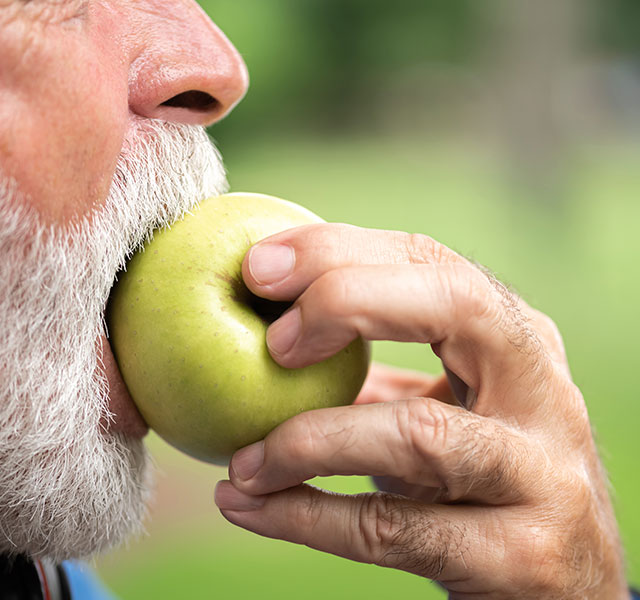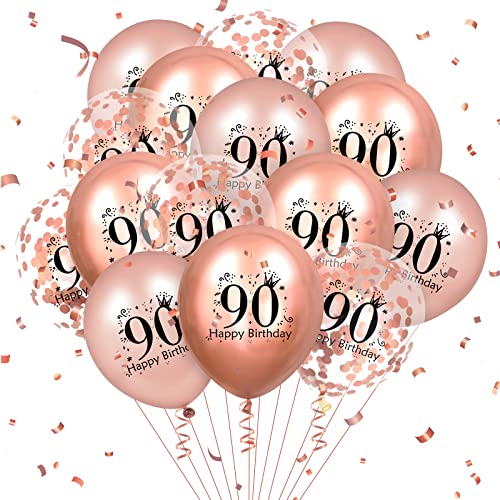The other day, I was hunting online for new canned foods to try out on my unbelievably picky cat, and I couldn’t help noticing all the options for “senior cats.” There didn’t seem to be anything at all for “old cats.”
Senior cats? Surely, I thought, that’s taking the American abhorrence for anything that smacks of old age to ridiculous lengths.
But of course, as a friend pointed out, it’s also smart marketing. The companies that make pet food know full well that customers will shy away from a product labelled “for old cats.” They don’t want to be reminded that their furry friends are growing old—and therefore are closer to death—any more than they like to contemplate their own aging and eventual demise.
Would I buy a product if it said on the can that it was for old cats? I hope I would, despite the fact that it would be an unavoidable reminder that the lives of cats and dogs are way too short.
Do euphemisms like “senior” really matter, especially if we’re just talking about cat food? I think that, to a degree, they do. Everybody knows “senior” is code for “old.” The fact that manufacturers use that code (and so does practically everyone else) subtly reinforces the idea that old is a condition too unpleasant to mention and an adjective too upsetting or insulting to apply to anybody, even a cat.
You can waste a lot of energy denying the undeniable fact that you—or your pet—are getting on in years. Old age isn’t nearly as bad as most people think it is, and in fact some of it is a definite improvement over your younger years. For one thing, according to lots of research, older people tend to be happier than those who are merely middle-aged.
In a more rational world, people wouldn’t spin their wheels trying to prove they’re still young. And nobody would think twice about buying pet food formulated for old cats.
Velvet, my rescue cat, is (best guess) about five years old and behaves like a madcap kitten. I know that four years from now, I’ll have to start buying her those senior foods because, according to veterinarians, that’s when cats begin to develop different nutritional needs. And 10 years from now, if I’m still around (I’m 82), my vet—who doesn’t mince words—will tell me that Velvet has crossed an invisible line and is now considered “geriatric,” which is vet-speak for “very old.”
Because I don’t want to lose her, I’ll hate hearing that. But it’s OK. Not to mince words, by that time I’ll be geriatric myself.

Flora Davis has written scores of magazine articles and is the author of five nonfiction books, including the award-winning Moving the Mountain: The Women’s Movement in America Since 1960 (1991, 1999). She currently lives in a retirement community and continues to work as a writer.



